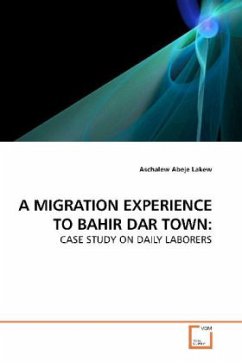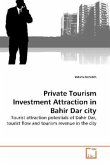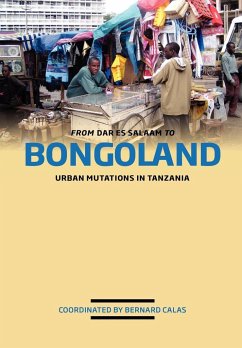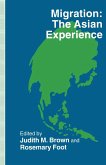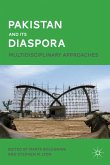Migration to Bahir Dar Town has mainly been the result of hostile socio-economic, political, and cultural factors in rural areas.The push factors in the countryside rather than the pull forces in the town appear to be the prime factors of population movement to the study site. The causes of migration: family disintegration,the land tenure system,exhaustive farm tasks, and lack of access to education act exceptionally against the rural youth making migration in the study area a selective process. Migrant laborers in the study site encounter varieties of social and economic challenges. They remained docile to social distress they encountered. As regards to economic rigors, they devised a range of coping strategies such as selling blood, symbiotic relationships with female migrants, and food sharing, which can reasonably be designated as distinctive kinds of coping mechanisms of migrant laborers in the study area. This rural migration has contributed to a swift population increase, high rate of unemployed people, urban delinquency,an increased number of baggers, and the deterioration of the elegance of the town.
Bitte wählen Sie Ihr Anliegen aus.
Rechnungen
Retourenschein anfordern
Bestellstatus
Storno

